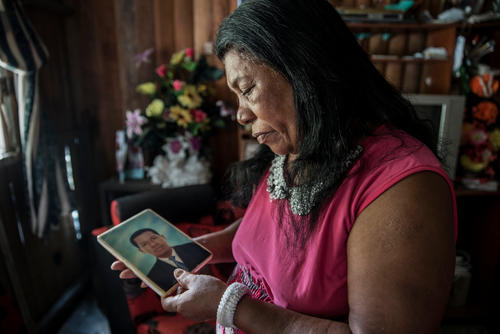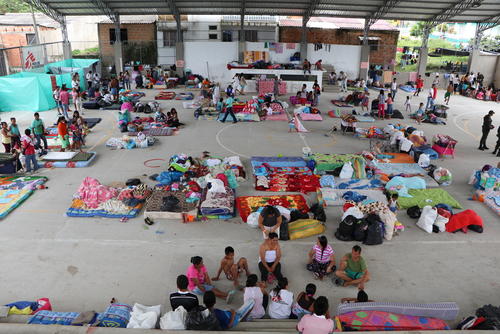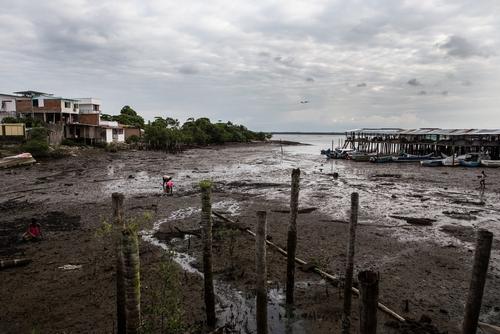Violence remains a major problem for a large part of Colombia’s population, despite the end of the conflict with the FARC-EP, according to a report released by Médecins Sans Frontières (MSF).
The increased presence and influence of criminal organisations and other armed groups has led to a high number of threats, targeted killings, kidnappings, disappearances, harassment, extortion, and restrictions on people’s movements, significantly impacting people’s physical and mental health. MSF calls on the Colombian authorities to increase the response to the mental health needs of victims of violence, and for comprehensive medical care for victims of sexual violence.
“These types of violence are having a clear impact on the physical and mental health of people living in Buenaventura and Tumaco,” says Juan Matias Gil, MSF’s head of mission in Colombia. “Although the violence and the needs of patients seen by MSF in these cities cannot be directly extrapolated to the rest of the country, they can be considered as a plausible reflection of the reality in both urban and rural areas across many provinces of Colombia.”
The report, In the shadow of the peace process, examines medical data gathered by MSF teams during two years of work in Buenaventura and Tumaco. Based on information from consultations by MSF doctors and psychologists with 6,000 patients during 2015 and 2016, the data shows that exposure to violent events or the risk of violence has led to intense mental suffering among the general population, with symptoms including depression (experienced by 25% of patients), anxiety (13%), mental disorders (11%), and post-traumatic stress disorder (8%). The response to people’s mental health needs is largely inadequate.
“There is a shortfall in the provision of mental health services at the primary level, despite the significant needs of the population and the existence of a legal framework on care and assistance for the victims of internal armed conflict,” says Gil.
When comprehensive mental health services are available only in large cities, rather than at local health centres, people are prevented from getting the care they need.
“There’s no psychiatrist in Buenaventura,” says Brillith Martínez, MSF’s psychologist in Buenaventura. “If a person needs psychiatric care, he or she must go to Cali, two and a half hours away by road. Most people who live here cannot afford the trip, so many of the victims are left without receiving comprehensive treatment.”

The report’s data shows that just nine per cent of rape survivors seen by MSF were treated within 72 hours of the incident. Delaying treatment beyond this time period limits the effectiveness of medical treatment, and increases the risk of sexually transmitted diseases and unwanted pregnancies.
Based on what teams have witnessed in Colombia, MSF appeals to the Colombian government to persist in its efforts regarding legislation for victims of violence, and to strengthen its provision of psychological care and care for survivors of sexual violence at the primary level.
MSF first worked in Colombia in 1985 after the eruption of volcano Nevado del Ruiz in the Tolima region. In the past 15 years, MSF has focused its response on providing primary healthcare, mental healthcare, and sexual and reproductive healthcare for people affected by the armed conflict in more than 20 provinces. In Colombia, MSF has also provided training to health promoters and community leaders, has supported a number of hospitals, has provided care for Chagas patients, and responded to outbreaks of yellow fever, malaria and chikungunya.






